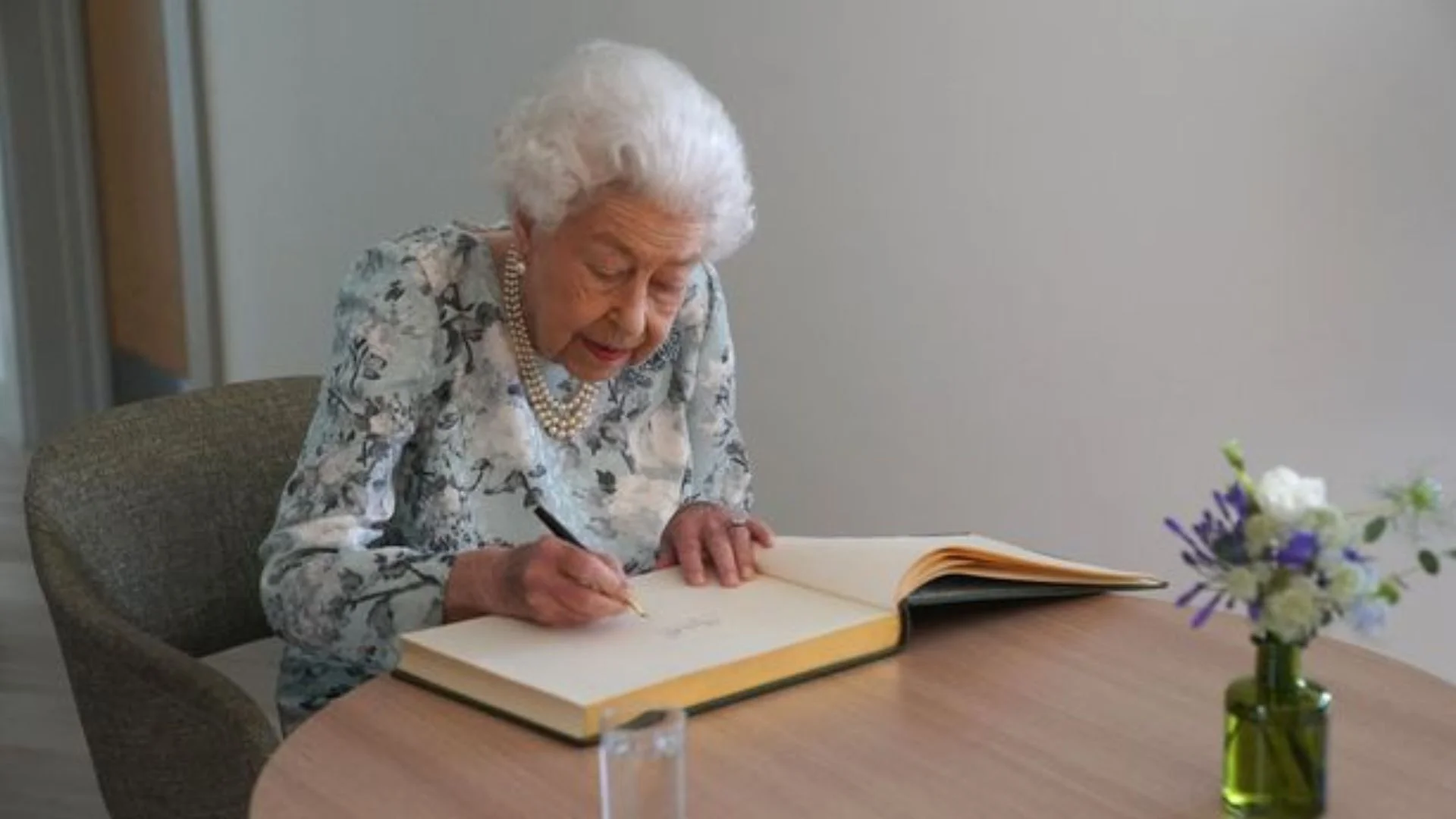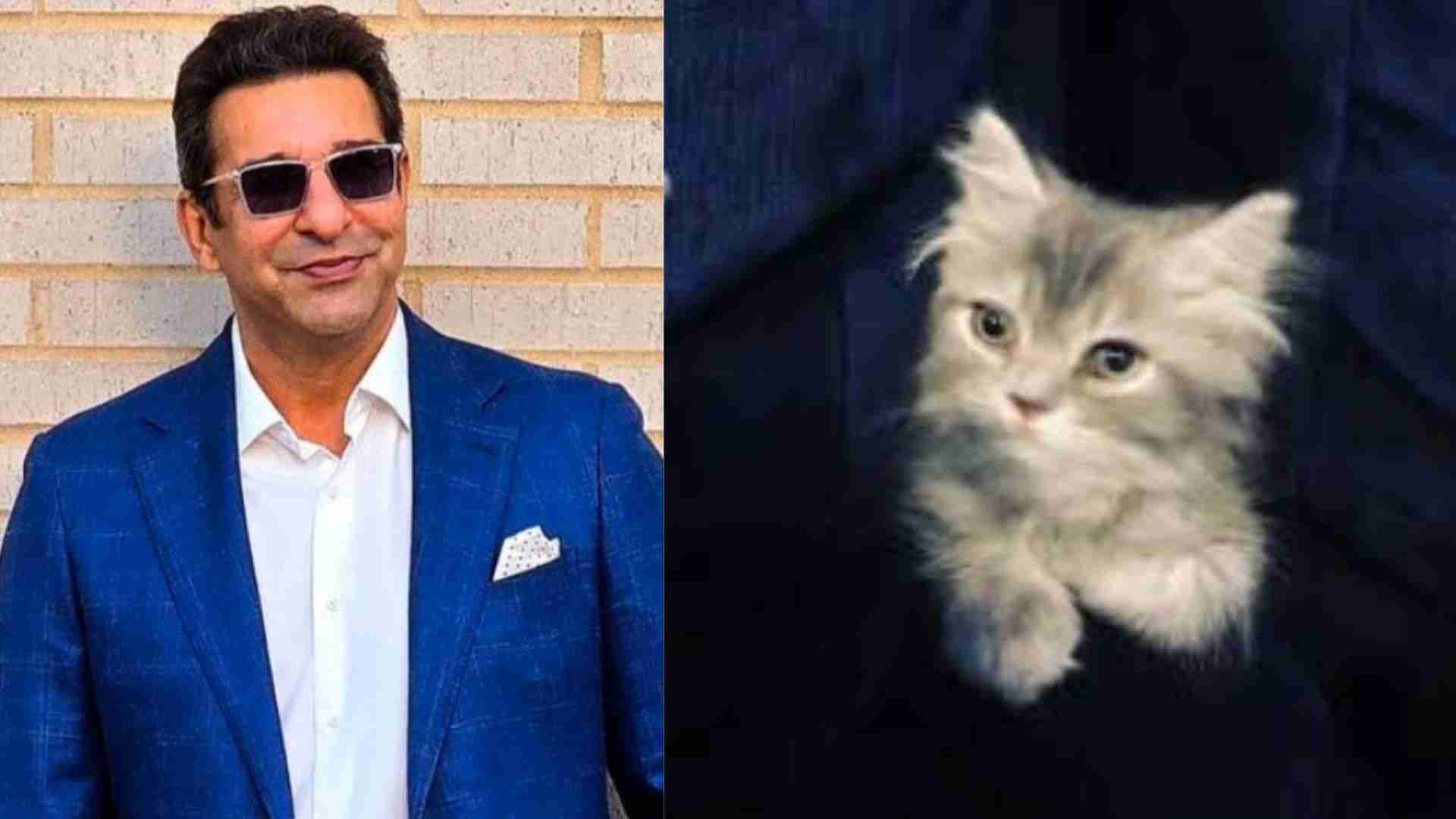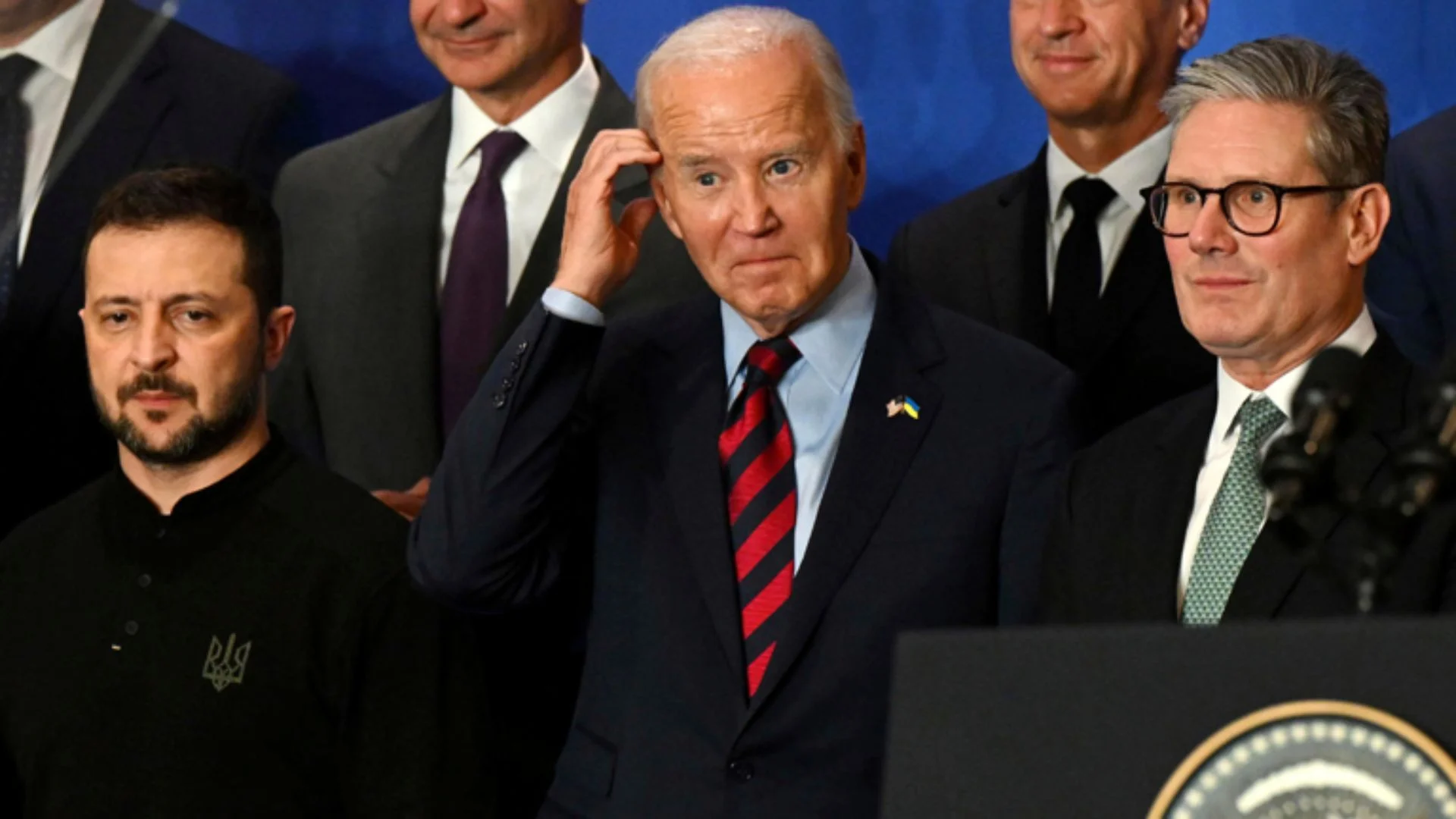
“There are decades where nothing happens, and there are weeks where decades happen,” goes a quote attributed to Lenin. For Eric Yuan and the team at Zoom, those weeks were in March and April 2020. That was when the world was reeling under the twin impact of the pandemic and the lockdowns; and voila, Zoom was the savior. From work meetings to birthday parties, everything started happening online. Usage of Zoom ‘zoomed’ thirty-fold in just four months, surpassing three hundred million daily participants. The company’s market capitalization smashed past the hundred-billion-dollar mark, rising eightfold over the ten months to October 2020.
‘Overnight successes’ are not confined to the world of business. In 1976, an unknown, out-of-work actor named Sylvester Stallone approached a movie studio with a script. The studio offered him over three hundred thousand dollars, but he opted to take a much lower sum if they agreed to his demand to play the lead role. The studio finally relented, and the rest is history. The movie, ‘Rocky’, smashed box-office records, was nominated for ten Oscars, and spawned multiple sequels. It left behind an enduring legacy based on its theme of the power of the human will.
One might be tempted to attribute such successes to providence. Yet, nothing could be farther from the truth. As entertainer Eddie Cantor said, “It takes twenty years to make an overnight success.” Many processes in life follow the pattern of the Chinese bamboo tree, a seed that needs to be watered and cared for over four full years before it even begins to sprout. Yet, in the fifth year, it suddenly shoots up, growing over fifty feet in just a few weeks. Plodding over those dreary four years lays the foundation for what follows.
Before 2020, the team at Zoom had spent nine years obsessing over the customer experience, product architecture and technical standards, with the founder Eric personally responding to customer complaints. Eric’s own story is testament to his persistence, of how he found his feet in the US after eight visa rejections and despite his patchy English.
Sylvester Stallone’s story is no different. To realize his Hollywood dreams, he went through many rough years, with only two pairs of clothes, sleeping in a bus station, and even having to sell his dog. To quote him, “Life is an opponent that never stops punching, so you better never stop punching back.”
In the world of business today, it has become commonplace to talk about the ‘hockey-stick’ curve, an initial period of learning followed by supposedly meteoric growth. Yet, few founders and investors have the patience to last it through the initial curve of the ‘hockey stick’. This is where setbacks happen, mistakes are made, business models come apart, and often, startups flounder and die. Eventually, this trial by fire culminates in a better product and a wiser management team. Everybody wants to hop on to a bandwagon that is taking off, yet few of us are prepared for the toil that paves the way for it.
I have also seen this dynamic in the stock markets. Whenever we hear of someone making a ‘multi-bagger’ return on a stock, it is tempting to attribute it either to luck or to spotting an attractive company early. Yet, neither of these explanations conveys the full story. The real secret of bagging a multi-bagger is often in being able to retain conviction and hold it through periods of gut-churning volatility, when the stock might be down over 50%.
This pattern is mirrored in the world of books too. Writing my first book, KaalKoot, took many years. This was a period where I had to keep at it without any external validation, and with pangs of self-doubt gnawing away at my mind. After the success of KaalKoot, writing my second book was much faster and easier. Yet, it was those difficult early years that laid the foundation for what followed.
The US Airways pilot ‘Sully’ Sullenberger, who saved hundreds of lives in January 2009 by successfully landing the plane over the Hudson river after an engine failure, garnered widespread applause for his presence of mind during those critical moments. Yet, to quote him, the secret lay elsewhere. “For 42 years, I’ve been making small, regular deposits in this bank of experience, education, and training. On January 15, the balance was sufficient so that I could make a very large withdrawal.”
That, then, is the secret of becoming an ‘overnight success’, i.e making regular deposits in the bank of experience, being consistent with it, and persisting despite obstacles.
S. Venkatesh is the author of AgniBaan and KaalKoot, a leadership coach and an investor who has held key positions with JP Morgan, Credit Suisse and Macquarie. He writes about mindfulness and its link to creativity, business and wealth.















